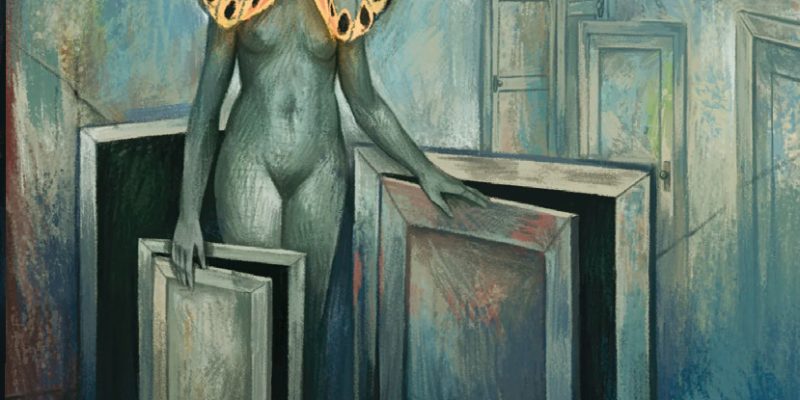Alchemy has captivated human imagination for centuries, conjuring images of magical transformations, secret wisdom, and the legendary philosopher’s stone. Yet beneath these myths lies a profound philosophical and psychological tradition, vividly brought to life in Paul Kiritsis’ insightful book The Riddle of Alchemy. Drawing on his extensive academic background in clinical psychology, English literature, and the history of science, Kiritsis offers a unique interdisciplinary perspective, inviting readers to see alchemy not merely as a historical oddity but as a meaningful and ongoing human pursuit.
In The Riddle of Alchemy, Kiritsis charts the development of alchemical thought from its roots in ancient Egypt and Hellenistic Alexandria through medieval Europe and the Renaissance. He reveals how alchemy functioned simultaneously as an early scientific practice and a spiritual philosophy. In this realm, metallurgy, cosmology, medicine, and mysticism intertwined, with physical transformation serving as a metaphor for inner change. Rather than just narrating alchemy’s timeline, Kiritsis deciphers its enigmatic symbols and concepts, connecting them to psychological and philosophical themes that resonate today.
A standout aspect of the book is its focus on alchemy through the lens of depth psychology, especially the work of Carl Jung. Kiritsis explores Jung’s idea that the alchemical process parallels individuation—the integration of conscious and unconscious aspects of the self. He breathes new life into the vivid, symbolic imagery found in alchemical texts like the Splendor Solis, presenting them as dynamic expressions of humanity’s quest for completeness rather than outdated curiosities. This approach offers readers an accessible and contemporary way to understand how alchemy continues to influence modern psychology, personal growth, and spirituality.
Kiritsis also invites readers to rethink alchemy’s scientific potential. Without slipping into pseudoscience, he raises compelling questions about the limits of materialist science and considers whether alchemical principles could have relevance within new scientific frameworks. It is this seamless blend of historical research, psychological insight, and philosophical reflection that makes The Riddle of Alchemy a truly remarkable work.
Praised by critics as “a well-written, expertly researched analysis of the history and legacy of alchemy” (Kirkus Reviews), the book stands out for Kiritsis’ clear, passionate, and respectful writing. For anyone intrigued by the deeper mysteries of transformation—both physical and spiritual—The Riddle of Alchemy is an essential and rewarding read.
Purchase The Riddle of Alchemy by Paul Kiritsis on Amazon here: https://www.amazon.com/Riddle-Alchemy-Paul-Kiritsis-ebook/dp/B0DM1HY2GV.
Watch the book trailer:






Comments